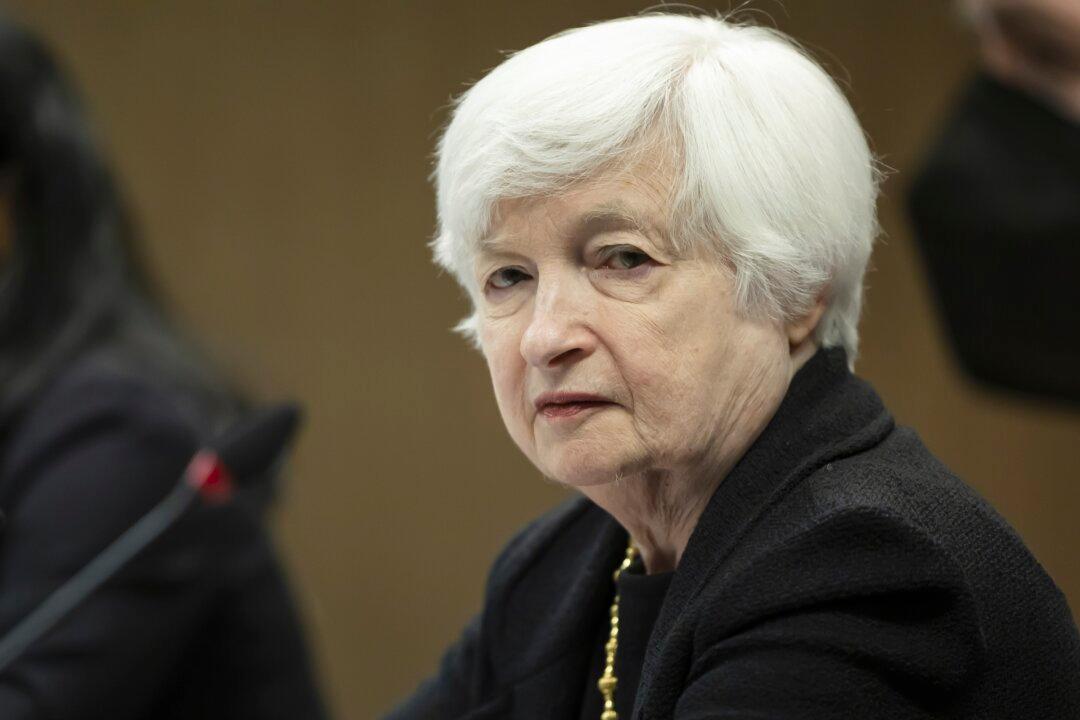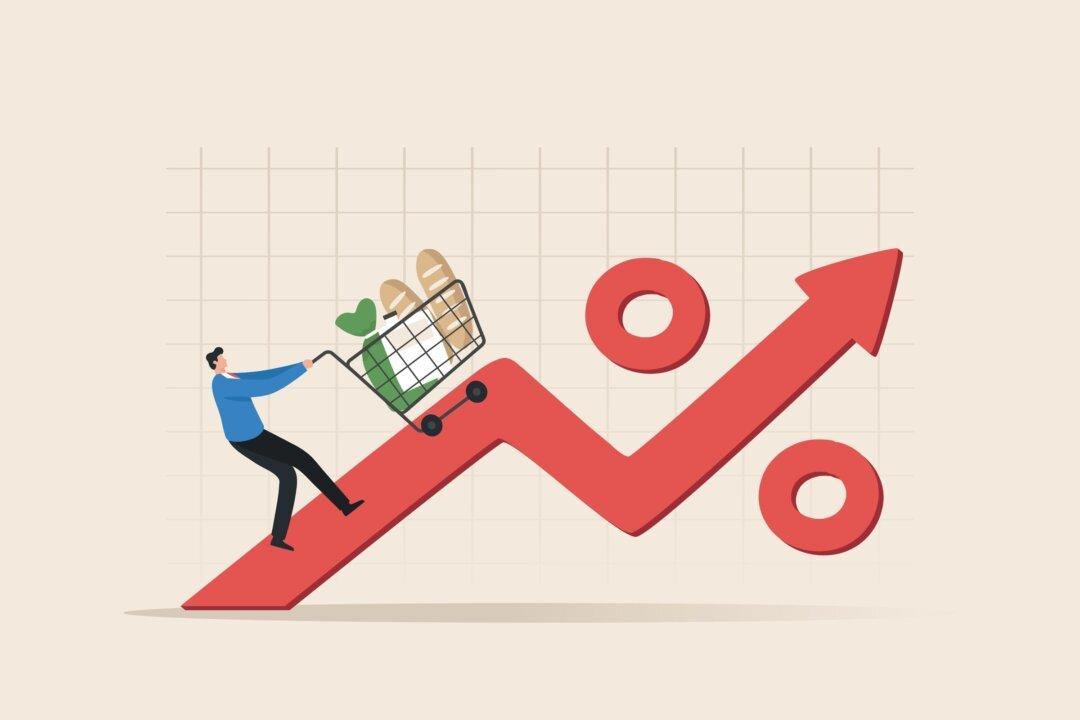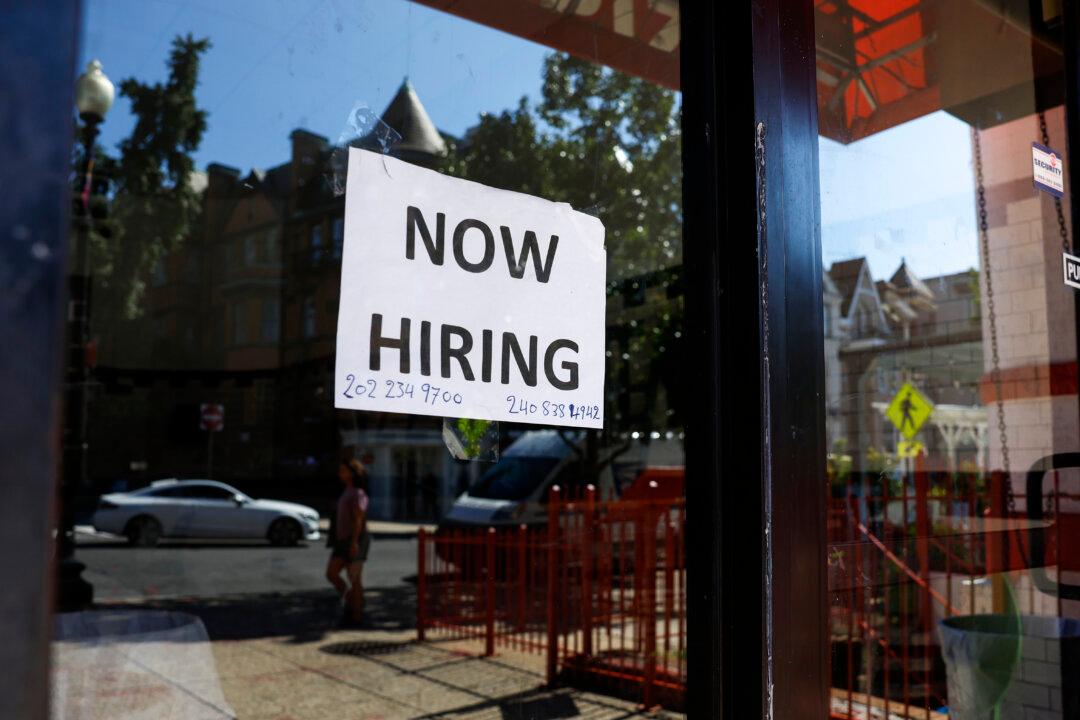The U.S. Department of the Treasury said on Monday that it expects to borrow $1.2 trillion over the first half of the year, broken down by $932 billion in the first quarter and $278 billion in the second quarter, the agency said.
In the last three months of 2022, the Treasury borrowed $373 billion and ended the quarter with a cash balance of $447 billion, after initially estimating in October that it would borrow $550 billion and have a cash balance $700 billion during that period.




